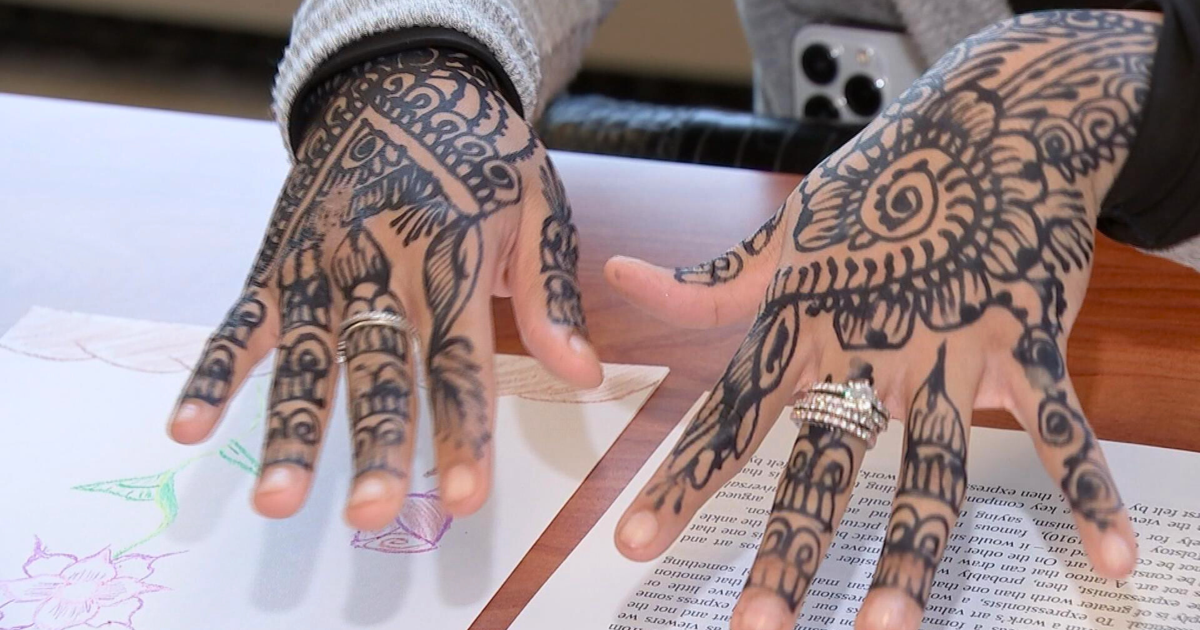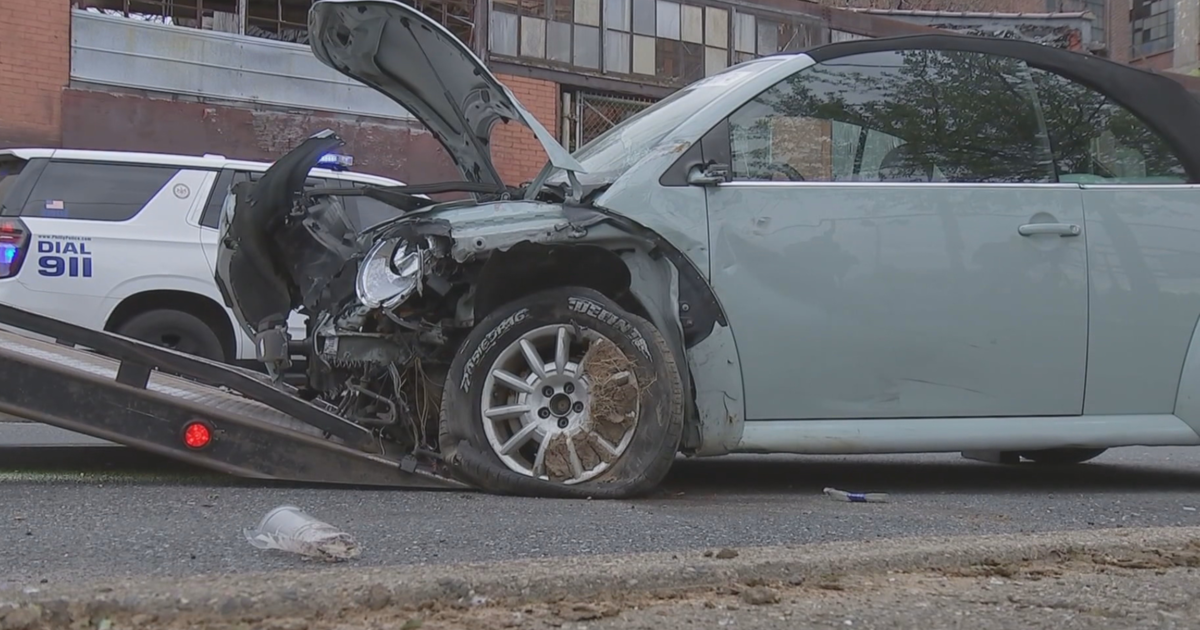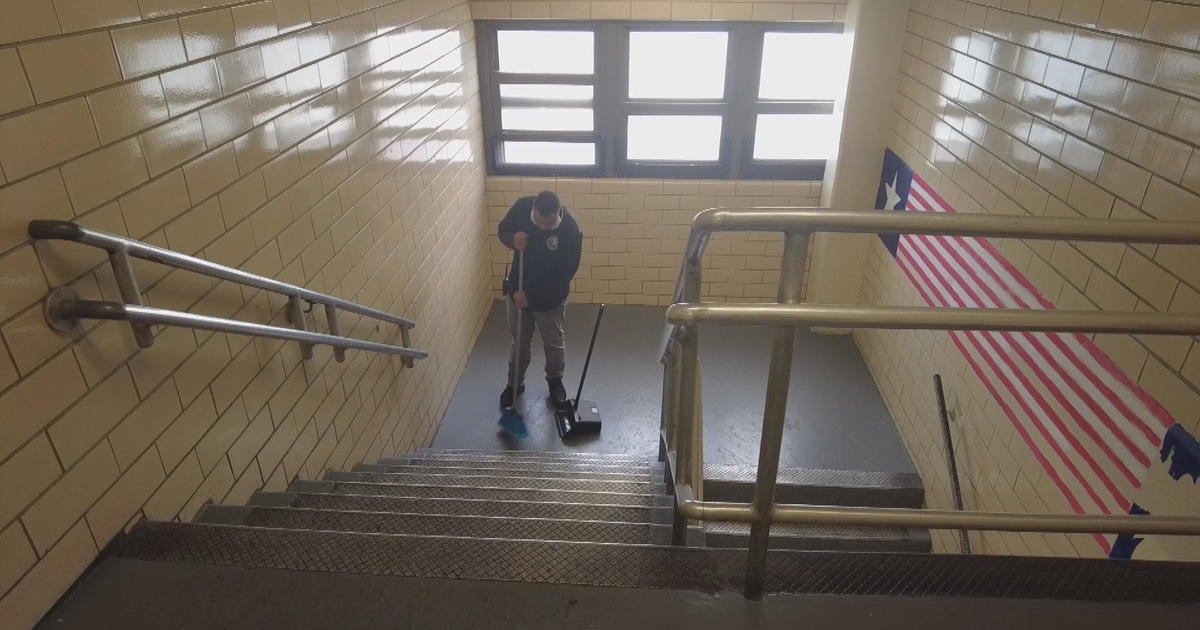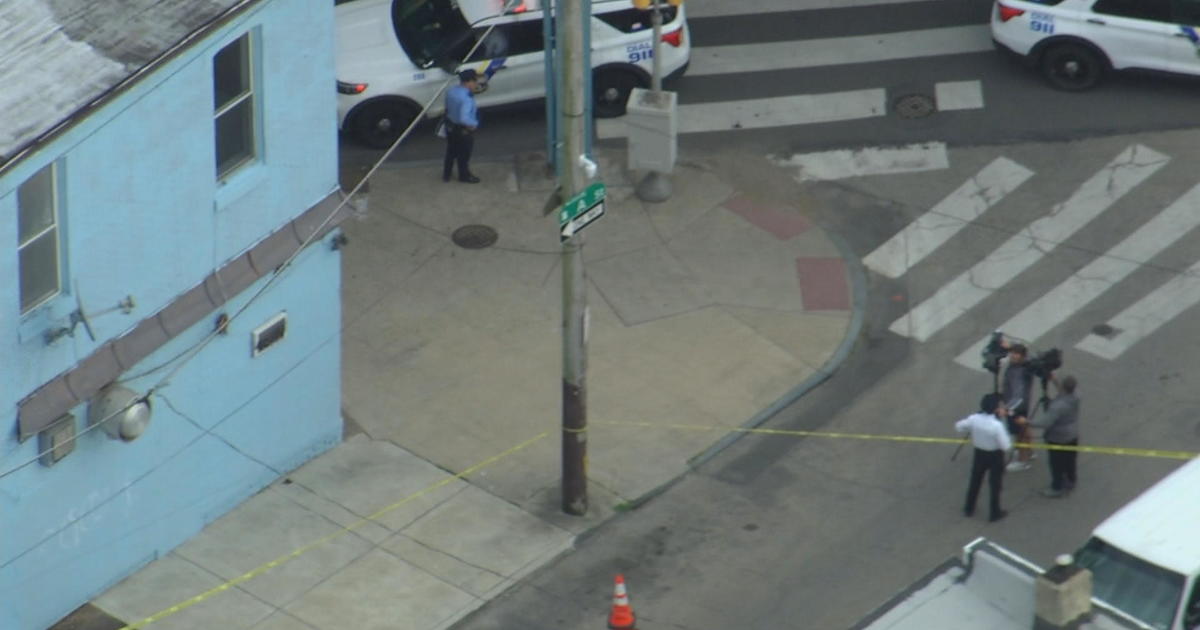Feds Warn Online Shoppers To Beware of Counterfeit Goods
By technology editor Ian Bush
PHILADELPHIA (CBS) -- This is the day to shop for discounts online -- we're expected to spend $1.5 billion on this Cyber Monday (see related story).
But not every bargain is the real deal. Hence, a warning from federal authorities.
At first glance, for example, a North Face jacket looks legit. But, says John Kelleghan, special agent in charge of Homeland Security investigations in Philadelphia, "the stitching is not as good as the real thing." He says the fake product doesn't measure up in several ways: "The quality, the tags, the feel." One wash and it's threadbare, he says.
And Kelleghan says the holiday shopping season is prime time for merchandise counterfeiters.
"They do it year-round, but certainly now is when they flood the market," he tells KYW Newsradio.
In another example, he shows an Ugg boot with telltale signs of being a knockoff.
"The buttons on the side, they're not the same -- they don't match. The quality of the stitching. It looks good, but when you compare it to the real thing, the quality is inferior."
It's the same with "Beats by Dr. Dre" headphones, he points out, in near-perfect packaging.
"There are approximately 130 web sites that have been taken down throughout the world" for selling counterfeit products, Kelleghan adds. But more pop up every day, often using product logos stolen from the real web sites.
His advice?
"Know who you're dealing with, know who you're buying your product from, and buyer beware."
The Department of Homeland Security issued a press release containing the following additional tips:
- If the price is too good to be true, it probably is.
- Research the seller or web site you're buying from. Does the company have a brick and mortar store? If so, trying calling during business hours. Weird answering machines — or replies in the middle of the night — probably mean something is up.
- Do your homework. Educate yourself on the exact logo, hardware, and stitching of whatever you are considering. It also helps to visit an actual store to examine the real deal up close. Take pictures and compare them to the seller's images.
- Don't ever buy an item that you learn about via bulk email ("spam"). Your chances of receiving the item at all are less than 50%.
- Always use a credit card to purchase online. This protects you. Your maximum exposure is $50, and often you won't even lose that amount if you get scammed.
- Don't conduct business with an anonymous user. Get the person's real name, business name (if applicable), address, and phone number. Verify this information before buying. And don't send your payment to a post office box.
- Save copies of all of the e-mails and other documents involved in the transaction. Then, if you discover that an item is counterfeit, you have documentation to help you deal with the problem.
- Don't be afraid to ask lots and lots of questions.
- Trust your gut. This is probably your best line of defense, so don't reason away your intuition.



